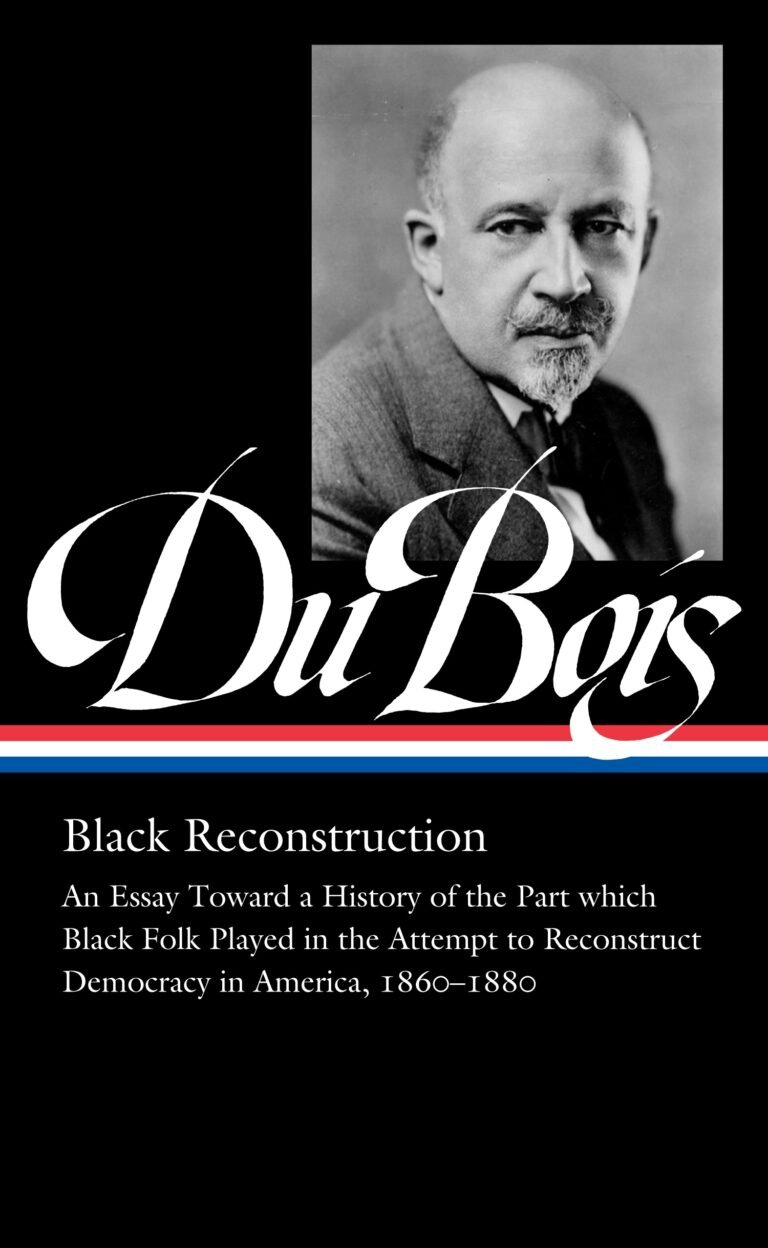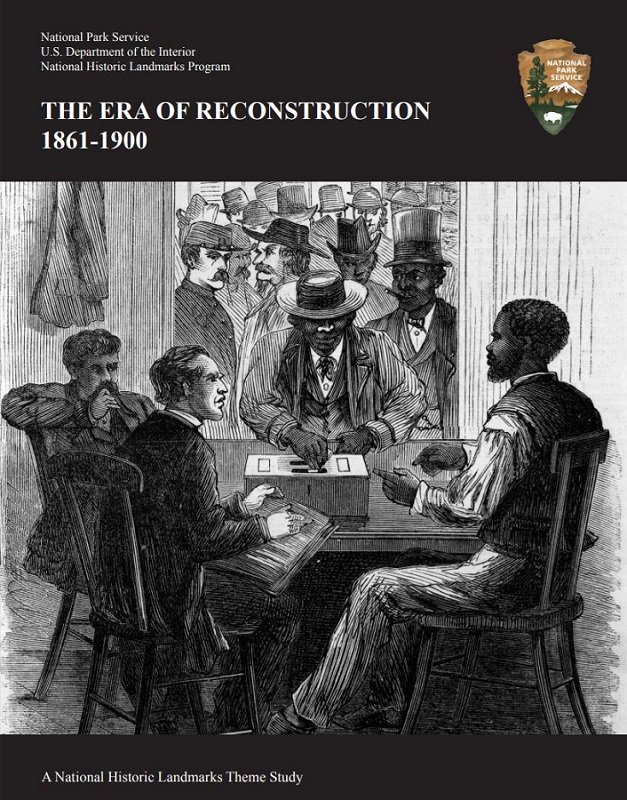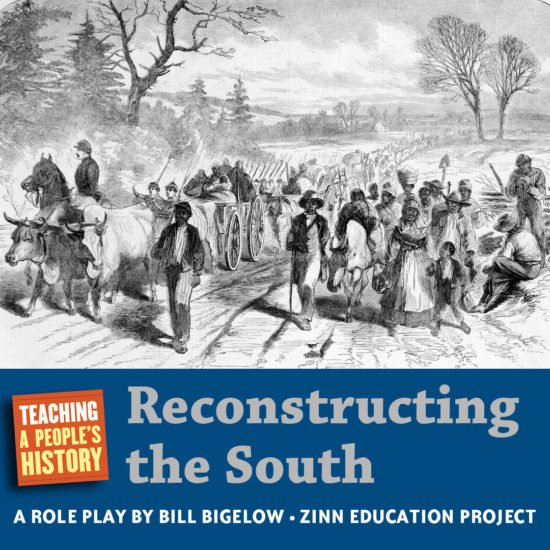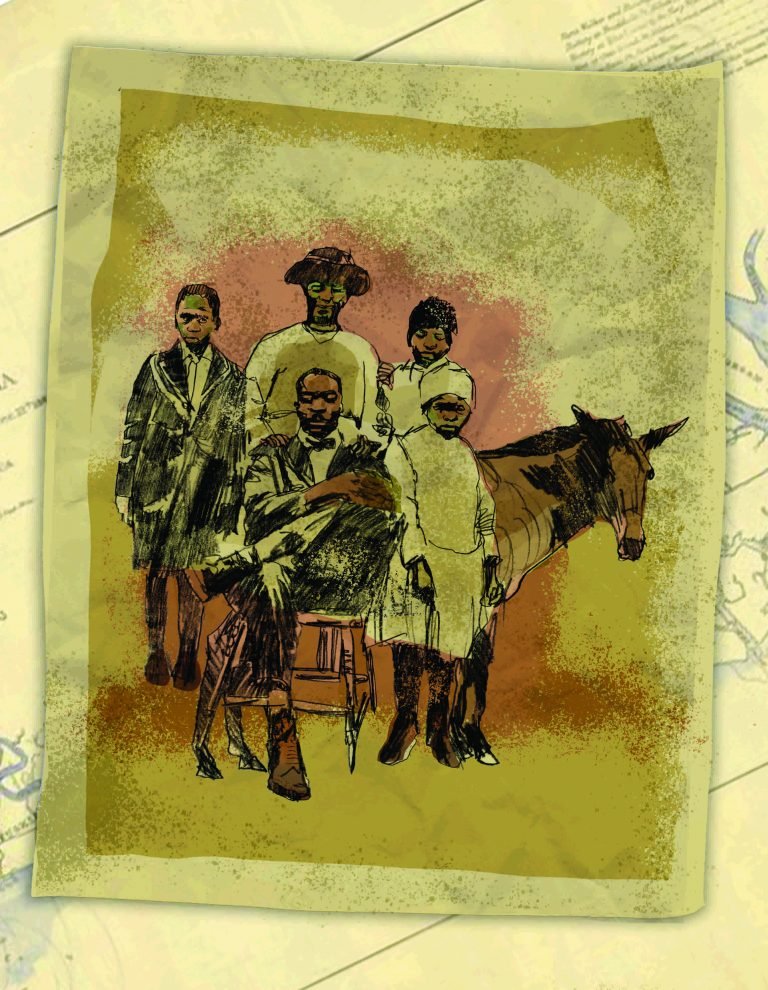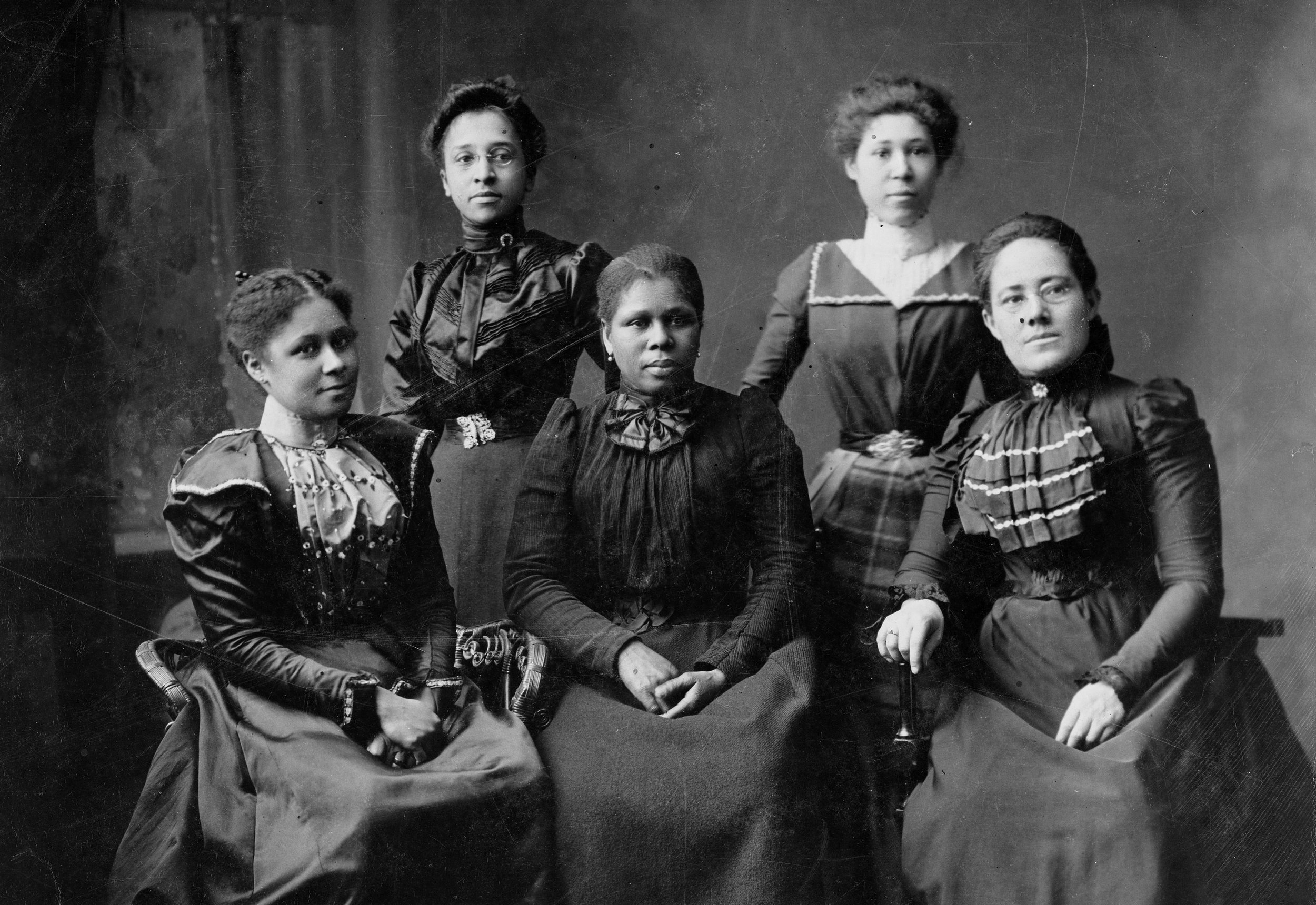Resources
Here are selected resources for K–12 and background reading for educators on the Reconstruction era.
When people ask where to get started, the answer is the classic text, Black Reconstruction, by W. E. B. Du Bois.
For a shorter introduction, read a free online booklet produced by the National Park Service, The Era of Reconstruction, 1861-1900.
Find additional books, podcasts, digital collections, and lessons below.
Podcasts
Seizing Freedom by Kidada E. Williams offers stories about how African Americans freed themselves during the Civil War and built new lives during Reconstruction.
Teaching Hard History: Reconstruction 101: Progress and Backlash with Hasan Jeffries via Learning for Justice, interviewing Kate Masur and Ahmad Ward.
Slate on Reconstruction with Jamelle Bouie and Rebecca Onion. Seven episodes (and a political overview) on civil rights, land ownership, self-defense, and more.
Into America with Trymaine Lee on MSNBC. Series of episodes on Reconstruction, beginning with “How Reconstruction led to the birth of a Black Nation” in collaboration with NMAAHC.
Throughline (NPR). Episode on Andrew Johnson’s presidential impeachment in 1865.
Scene on Radio. Episode on the second revolution. Includes interviews with Victoria Smalls, Brent Morris, Eric Foner, Kidada Williams, Bobby Donaldson, and Edward Baptist.
lectures and panels
Lessons of Reconstruction: Past, Present, and Future
Senator Bernie Sanders hosted a discussion about Reconstruction with Professor Eric Foner, Professor Keeanga-Yamahtta Taylor, and Dr. Cornel West on Dec. 19, 2021.
Historically Speaking: Make Good The Promises: Reclaiming Reconstruction And Its Legacies
Dr. Greg Carr of Howard University moderated a discussion with the co-editors of Make Good the Promises: Reclaiming Reconstruction and Its Legacies Kinshasha Holman Conwill, NMAAHC’s Deputy Director, and Paul Gardullo, NMAAHC Curator along with essayists Dr. Hasan Jeffries, from the Ohio State University, and Dr. Kidada Williams, of Wayne State University. Hosted by NMAAHC on Oct. 26, 2021.
The Civil War and Reconstruction Era, 1845-1877
Lectures by historian David Blight, available to the public via Yale Open Courses, on topics such as Black Reconstruction in the South: The Freedpeople and the Economics of Land and Labor.
Lessons
Reconstructing the South: A Role Play
This role play engages students in thinking about what freedpeople needed in order to achieve — and sustain — real freedom following the Civil War. It’s followed by a chapter from the book Freedom’s Unfinished Revolution on what would happen to the land in the South after slavery ended.
When the Impossible Suddenly Became Possible: A Reconstruction Mixer
A mixer role play that explores the connections between different social movements during Reconstruction, introducing students to individuals in the labor movement, women’s rights, and voting rights movements that followed the Civil War and their attempts to build alliances with one another.
40 Acres and a Mule: Role-Playing What Reconstruction Could Have Been
This multimedia, creative role play introduces students to the ways African American life changed immediately after the Civil War by focusing on the Sea Islands before and during Reconstruction.
Many historians term this post-war experiment in grassroots democracy and Black self-determination that occurred in the coastal Sea Islands a “rehearsal” for Reconstruction. But the Sea Islands experiment was more than a rehearsal; subsequent Reconstruction plans lacked the key ingredient that made it revolutionary: the redistribution of land.
Make Reconstruction History Visible
The Make Reconstruction History Visible project is an opportunity for students and teachers to identify and advocate for public recognition of Reconstruction history in their community and the significant accomplishments made by newly freed people and their white allies.
This project helps students learn about this vital era in U.S. history while also playing an active role in giving visibility to an era that has been hidden or misrepresented for too long.
Almost Emancipated: Reconstruction
In this lesson from TeachRock, students learn about Reconstruction by exploring constitutional amendments, journalistic accounts, and primary source documents written by and about freedpeople during this time period. The lesson also incorporates Blues music.
The Reconstruction Era and the Fragility of Democracy
At Facing History and Ourselves, find this freely accessible online collection of lessons, videos, and primary sources to teach about Reconstruction. The resources and full unit are available online for free access by teachers.
Who Killed Reconstruction? A Trial Role Play
This trial role play encourages students to take a broader view of Reconstruction's demise by looking at the role of the major political parties and their wealthy backers, the racism of poor white people, and the systems of white supremacy and capitalism.
The trial begins from the premise that the death of Reconstruction was a terrible crime with disastrous consequences for the United States and the world.
Reconstructing the South: What Really Happened
A follow-up lesson to Reconstructing the South, using dozens of primary source documents to reveal key outcomes of the Reconstruction era.
Teaching the Reconstruction Revolution: Picturing and Celebrating the First Era of Black Power
A lesson that help students understand, imagine, and celebrate the Reconstruction period as the first era of Black power in the United States.
Digital Archives AND EXHIBITS
A repository for primary sources and collection of essays about the origins, activities, and influence of the 19th-century Colored Conventions Movement that advocated for Black civil and human rights.
Last Seen: Finding Family After Slavery
This website publishes thousands of “Information Wanted” advertisements taken out by people freed from slavery who were searching for family members who had been sold apart.
The work of Dr. Louis Charles Roudanez, founder of the first Black daily newspaper in the U.S., the New Orleans Tribune, with articles, excerpts, videos, and a timeline.
Reconstruction in America: Racial Violence after the Civil War
This Equal Justice Initiative (EJI) report examines white supremacist terror, including lynchings, during Reconstruction.
Make Good the Promises: Reconstruction and Its Legacies
The Smithsonian National Museum of African American History and Culture (NMAAHC) in Washington, D.C., has a special exhibit on Reconstruction through the end of August of 2022.
Against All Odds: The First Black Legislators in Mississippi
Learn about the first African American men to serve on Mississippi’s state legislature during and just after Reconstruction.
The Washington Post Database of Members of Congress Who Enslaved People
The Washington Post has compiled the first database of members of Congress who enslaved people by examining census records and historical documents. They found the names of 1,700 Congresspeople who held office and enacted legislation in the 18th, 19th, and 20th centuries.
Mapping Occupation: Force, Freedom, and the Army in Reconstruction
A detailed visual representation of the U.S. Army in the South during Reconstruction.
films
Reconstruction: The Second Civil War
Through the voices of several historians and dramatic re-enactments by actors, this PBS documentary uses the stories of ordinary citizens to paint a picture of the Reconstruction era. By Elizabeth Deane and Dion Graham. 2004. 174 min.
Reconstruction: America After the Civil War
Henry Louis Gates Jr. presents a four-hour PBS documentary series that features noted scholars and writers including Shawn Leigh Alexander, Omar Ali, Toni P. Anderson, Edward Ayers, Rhae Lynn Barnes, David Blight, Vincent Brown, Jelani Cobb, Christy Coleman, Kimberlé Crenshaw, Greg Downs, Eric Foner, Paula Giddings, Steven Hahn, Nikole Hannah-Jones, Thomas Holt, Tera Hunter, Martha Jones, Kate Masur, Angie Maxwell, Edna Greene Medford, Khalil Muhammad, Nell Irvin Painter, Imani Perry, Heather Cox Richardson, Chad Williams, Heather A. Williams, and Kidada Williams.
Reveals the interlocking forces in the South and the North that enabled “neoslavery” post-Emancipation Proclamation. By Sam Pollard, Catherine Allan, Douglas Blackmon, and Sheila Curran Bernard. 2012. 90 min.
